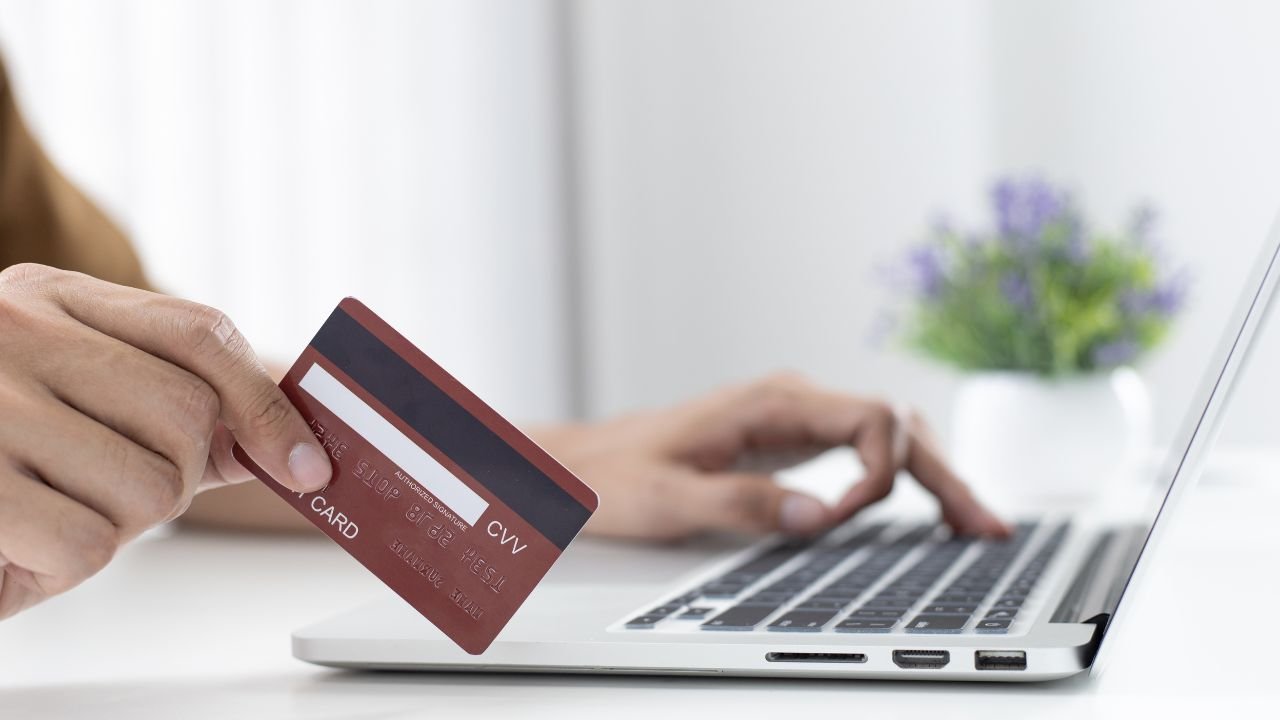
8 in 10 credit card users make credit card mistakes. According to research, 37% withdraw cash using a credit card. It affects the credit rating and turns out to be the costliest mistake. Alternatively, 35% only make minimal payments on credit cards.
You may consider it if your finances don’t allow it. However, paying minimal just for the sake of it is hazardous for financial health. It does not add in any way. Thus, if seeking credit cards as a first-time user, you must know such mistakes. It will help ensure a healthy credit score and finances later. The blog lists some mistakes to avoid as a first-time credit card holder.
6 Mistakes to Avoid of New to Using Credit Cards
Making international transactions is one of the most common mistakes when using credit cards. It is costly and impairs your credit history. Instead, you can consider online options like PayPal and Razor Pay. Here are other mistakes to avoid while using credit cards:
1) Getting close to your credit limit
You are spending to the point where you nearly reach your limit. Experts advise you to keep your credit limit to 30%. Always try to keep your credit limit below this percentage. You can do this by eliminating unnecessary expenses. Additionally, avoid taking credit cards and credits without need.
The more credit cards, the higher the credit utilisation. It may further affect your borrowing capacity. Yes, you can increase the limit by requesting from the company. However, it is advisable to avoid doing so unless necessary.
- Paying just the bare minimum
As mentioned above, it is one of the costliest mistakes to commit. Most individuals consider rolling over the payment to avoid liability. However, it is not a healthy habit. It eventually increases the interest costs and penalties, making it difficult to settle the debt. Credit card providers provide the facility for a particular circumstance.
It is for individuals who regularly make payments. However, they cannot pay due to emergencies or pay cuts. Under this, the company accepts the bare minimum payment. Thus, try to pay the dues ultimately. Don’t leave it unnecessarily.
However, if you encounter any urgent cash situation that may affect payments, don’t worry. Check verified loans for young people nearby. This unsecured cash option is especially for students or undergraduates. It helps counter emergencies without worries. Individuals with part and some valid income source may qualify. It is the best way to counter critical cash needs without skipping credit card payments. Moreover, you can pay the dues in easy and affordable monthly instalments.
3) Losing track of credit card renewals
Every credit card comes with a validity. It means you must renew it for further use. The company provides the date specifically. Generally, you renew it annually. However, the timeline may vary according to the providers.
Additionally, the last date for the introductory APR should be analysed. It is for the credit cards that one applies for to benefit from the no-interest period. You cannot leverage benefits after the period expires. Thus, always track the APR dates. It will help you use your card more efficiently.
4) Skipping a monthly payment
Unlike loans, you don’t know the amount unless you receive the slip. One generally receives it by the month’s end. Thus, you may not be prepared. It may turn out excessively high. It is, therefore, advisable to keep a lump sum safe. Don’t touch it unless the date arrives.
Alternatively, record every expense you incur through a credit card. You can prepare a list and calculate. It will help you save the amount. Moreover, it is better to clear 70% of the amount than to miss payment.
Skipping the dues may entail penalties and high-interest costs. It makes it affordable for you. If you cannot pay in any circumstance., discuss. Set up the meeting at least 14 days before the bill. It helps the company know about your financials and help accordingly.
The best way to counter this is to set direct debits. It is an automatic payment facility that helps the vendor deduct the payment automatically. You don’t even need to set reminders for the due date. Instead, ensure sufficient cash balance in the account associated with credit card payments. You can also regulate these expenses from different savings accounts.
- Using personal credit for business needs
As per experts, “one should hold separate business and personal accounts.” You should use the personal credit card for individual purposes only. It may hamper your credit score and reputation for further loans. Most direct lenders review credit reports before providing loans. They may reject your application for this very reason. Own a separate business and personal credit cards.
You should use one for the specific purposes only. Moreover, business owners may claim relief on official expenses. However, using a personal credit card for business use may not benefit you here. They may reject your claim as well. If you lack a business credit card, don’t worry.
You can finance the needs with a no guarantor loan respectively. It helps one settle urgent cash needs without a third-person involvement. It requires one to hold a relevant business account with a good operational history. You can reveal the latest revenue numbers and supported taxation documents.
It clarifies your business finances and helps fund basic business needs. You don’t need to bother your business partner, instead of you can settle the dues or meet needs individually. It helps build your score and improve your credit history.
- Leaving the welcome bonus unattended
Most new users commit this mistake of taking credit without claiming the bonus. It could prove beneficial for the new credit card holders. Who does not want to shop more for the less? The bonus allows credit card holders to earn additional rewards. For example- you may receive one for reaching a specific expense milestone.
However, check whether the credit card company provides a welcome bonus. Many companies don’t provide one. However, choosing the one that provides can be beneficial. Never leave the welcome bonus on the table. Grab it and win rewards!
Bottom line
These are some common mistakes to avoid on credit cards as a first-time user. Choose a credit card by analysing its purpose and benefits. It should meet your lifestyle requirements. Compare the costs and other aspects.
Check APR, interest rates and hidden fees. Also, check the missed payment fee and compare it too. It will help you choose the right credit card. Moreover, refrain from late or part-payments. It affects your credit history and score.






